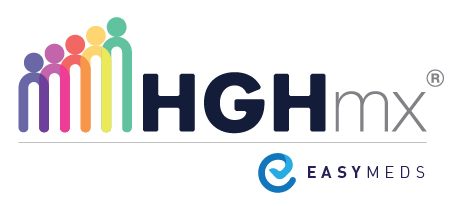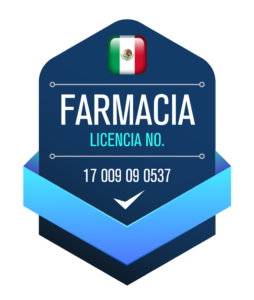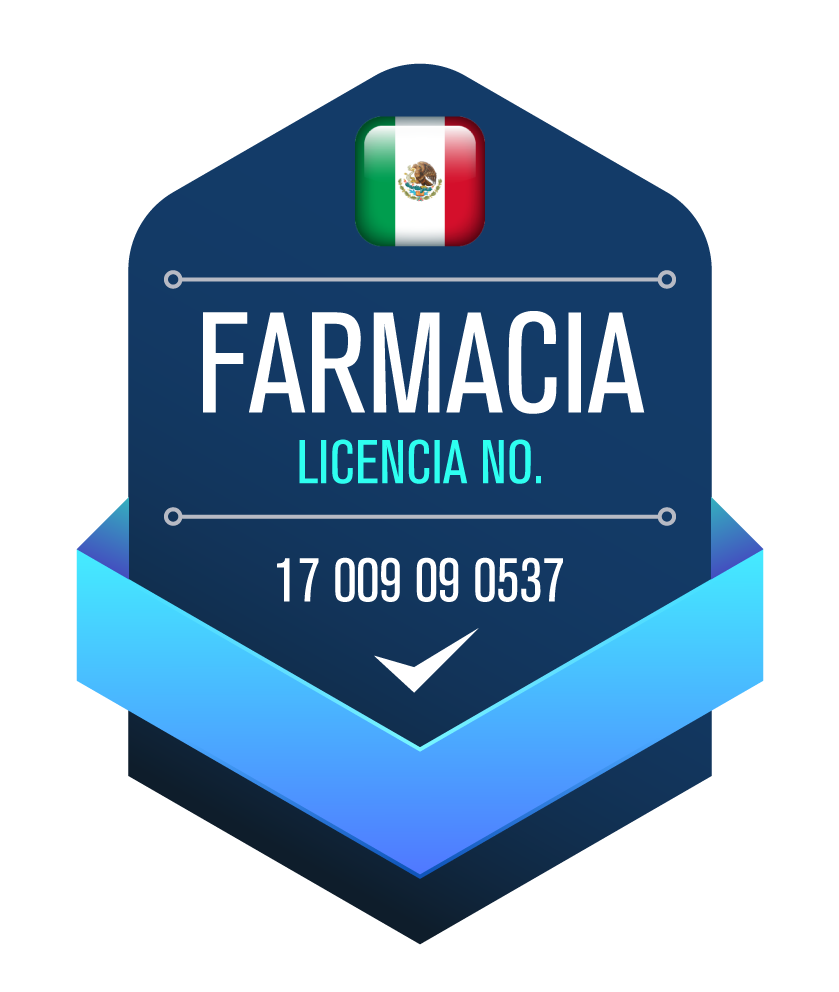Small For Gestational Age
What Does Small Mean For Gestational Age?
Small for gestational age is a term used to describe babies who are born underweight for the number of weeks pregnant. These babies have a birth weight below the 10th percentile. That means they are smaller than many other babies of the same gestational age. Most babies tend to weigh more than 2.6 kilograms (5 pounds, 13 ounces) by the 37th week of pregnancy. Babies weighing less than 2.5 kilograms (5 pounds, 8 ounces) at birth are considered low birth weight.
What Are The Causes Of A Small Baby For Gestational Age?
Some babies are small because their parents are small. But most babies who are small for gestational age have growth problems that happen during pregnancy. Many of these babies have a condition called intrauterine growth restriction. This happens when the unborn baby does not get the nutrients and oxygen necessary to grow and develop organs and tissues. This can start at any time during pregnancy.
Growth restriction in early pregnancy (early onset) happens due to chromosome problems in the baby. It also happens due to a disease in the mother or serious problems with the placenta. Growth restriction has a late-onset if it happens after the 32nd week of pregnancy. It is usually related to other problems.
Which Babies Are At Risk Of Being Small For Gestational Age?
When the unborn baby does not get enough oxygen or nutrients during pregnancy, the baby’s entire body and organs do not grow as much as they should. Some of the problems that make a baby small for gestational age and cause intrauterine growth restriction limit the amount of blood that circulates through the placenta. So the baby gets less oxygen than normal. That increases the risks of the baby during pregnancy and delivery, and afterward as well. Here are the things that can make a baby small for gestational age.
Problems with the mother
- High blood pressure
- Chronic kidney disease
- Diabetes
- Heart disease or respiratory disease
- Malnutrition or anemia
- Infection
- Use of alcohol or drugs
- Smoking cigarettes
- Weighing less than 45 kilograms (100 pounds)
Problems with the uterus and placenta
- Decreased blood flow in the uterus and the placenta
- The placenta separates from the uterus
- The placenta attaches itself to the lower part of the uterus
- Infection in the tissues around the baby
Problems with the developing baby
- Multiple pregnancies, such as twins or triplets
- Infection
- Birth defects
- Problems with chromosomes
How Is A Baby Small For Gestational Age Diagnosed?
The specialist doctor will determine which is the appropriate way to diagnose this condition but we can provide the following information.
Babies with this problem are usually diagnosed before birth. During pregnancy, the size of a baby can be calculated in different ways. The height at the top of the mother’s uterus can be measured from her pubic bone. This measurement in centimeters is usually related to the number of weeks of pregnancy after the 20th week. If this measurement is small for the number of weeks, then the baby may be smaller than expected.
Other diagnostic procedures may include:
- Ultrasound to estimate the approximate size of the baby.
- Doppler study of blood flow to check for intrauterine growth restriction during pregnancy.
- Mom’s weight gain to calculate baby’s size.
- The baby’s birth weight compared to his gestational age. Your healthcare provider may use a formula to calculate your baby’s body mass.
Is there a Treatment?
The treatment will be determined by the treating physician, although it should be noted that the HGH treatment is approved by the FDA to treat the child in the gestational stage, in which this treatment helps growth to normal levels. This HGH therapy is approved by the FDA to treat this physical condition, it is treatable and helps us to generate high growth for our children.
Contact our expert team who will provide a quick and affordable solution, so that your child has the best possible treatment to help them achieve a better quality of life. Remember, HGHmx is with you, hand in hand for your child’s wellbeing.

















